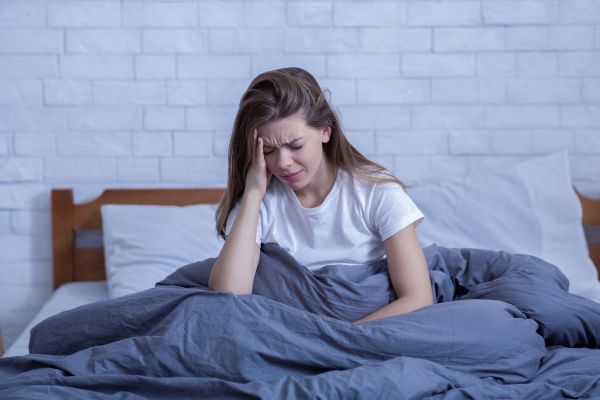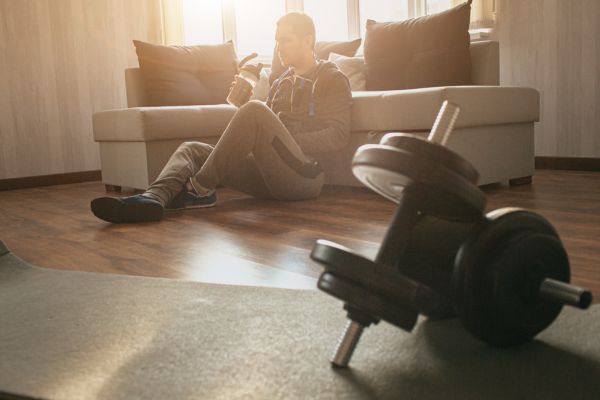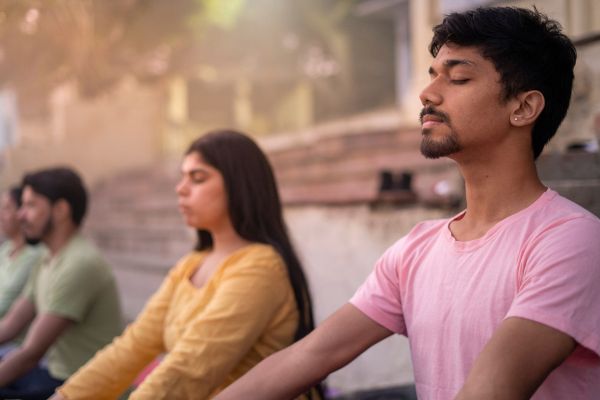Are you familiar with the feeling of stomach cramps after eating pot roast for dinner? According to new research, this is not a common occurrence.
An international team of food scientists studied how different cooking methods affect human health and was able to identify the best recepti and worst ways of cooking meat. It turns out that roasting is the worst.
In Comprehensive Reviews in Food Science and Food Safety, the researchers published their findings on how different cooking methods affect “the digestibility muscle proteins in your gastrointestinal tract”. They looked at cooking methods such as boiling, baking, grilling and roasting.
Here is a breakdown of how your body processes meat. (See what we did?!) The research shows that meat digests best when it is cooked in a sous vide. This cooking method refers to preparing meat in a temperature-controlled water bath, oftentimes in a vacuum-sealed pouch. According to researchers, sous vide can cause positive changes. . . to increase the digestibility of muscle proteins.”
The least beneficial effects on digestion were observed when meat was roasted or stewed. These two methods of cooking meat “can cause unfavorable changes,” including an increase in G.I., according to the study. acid, an increase of compounds that can cause gas and a “decrease in the susceptibility to proteins during gastrointestinal digest.”
This might give you some insight into how to plan your week’s meals. Next time you feel some stomach discomfort, make sure to read One Major Effect of Fasting: A New Study.
Expert: The secret cooking trick to flat belly all day
After dinner, no one wants to feel unwell. You want to feel satisfied after eating, but feeling bloated is not what you want. It’s not so easy. It’s not so.
Begin by limiting the intake of foods and beverages that can cause bloating.
Limit your intake of certain foods to maintain a flat stomach
Lisa R Young, PhD, RDN, is the author of Finally Full, Finally Slim. She suggests that limiting sparkling drinks like soda and seltzer can help to prevent bloating. A study published in the journal Nutritional Metabolism and Cardiovascular Disease showed that participants who consumed more than 300ml of carbonated fluid had symptoms related to gastric mechanical discomfort. Although the study mentions that further research is required to confirm this claim, it’s worth noting that if you feel uncomfortable after drinking carbonated fluids, it might be best to stop.
Young’s second recommendation is to avoid eating raw cruciferous veggies like cauliflower and broccoli. These vegetables are high in dietary fiber, which is beneficial for your digestive system, gut health and weight loss. However, cruciferous vegetables can be difficult to digest, which can lead to gas and bloating. Common cruciferous vegetables include broccoli and cauliflower, as well as cabbage, kale and Brussels sprouts. Cooking these vegetables is the best way to enjoy them and reduce bloat.
This is a great option if you feel bloated after eating.
Young suggests that you sip on some peppermint tea if you feel bloated after eating. It’s not a “cooking” tip, but a cup of peppermint after dinner can make you feel less bloated.
Young says that menthol in the product may be helpful in reducing bloating. It relaxes stomach muscles, allowing the body to release excess gas.
If you feel uncomfortable or need a soothing fix, make a cup peppermint tea right after you eat. Did you know peppermint can be used to relax muscles and reduce headaches? Another reason to make a cup of tea!


